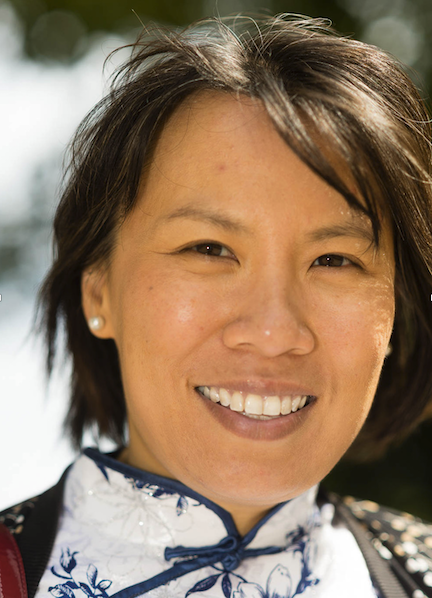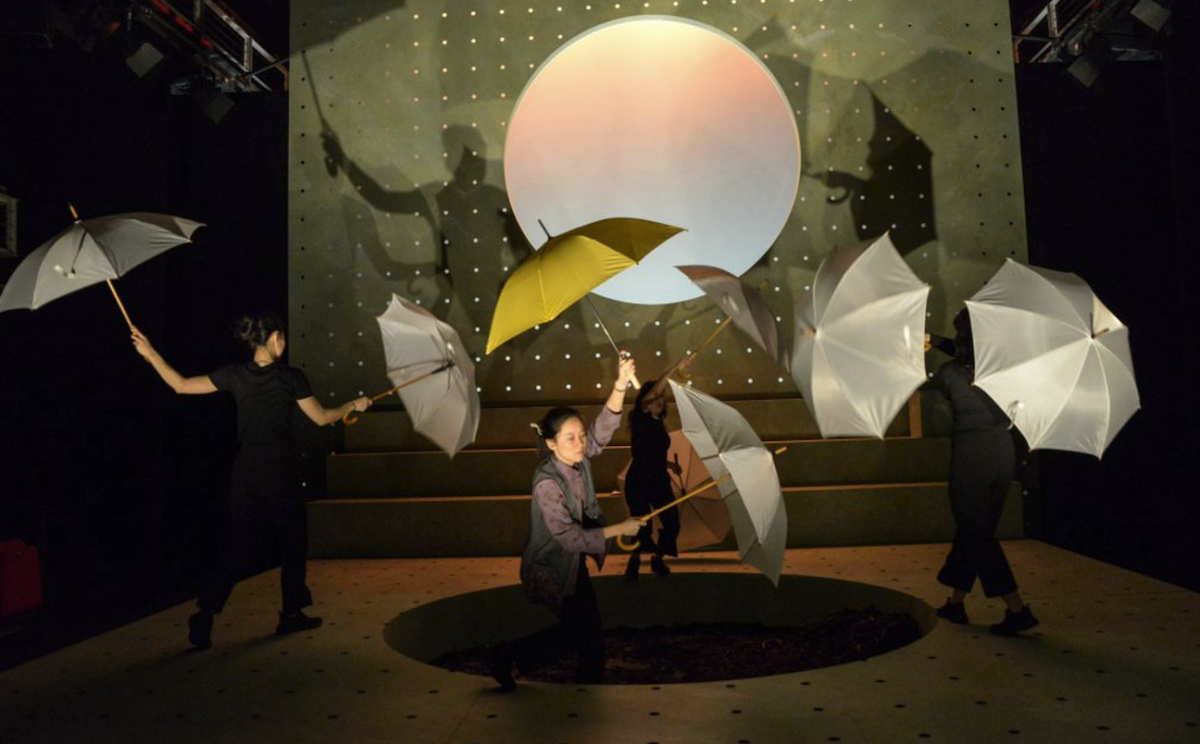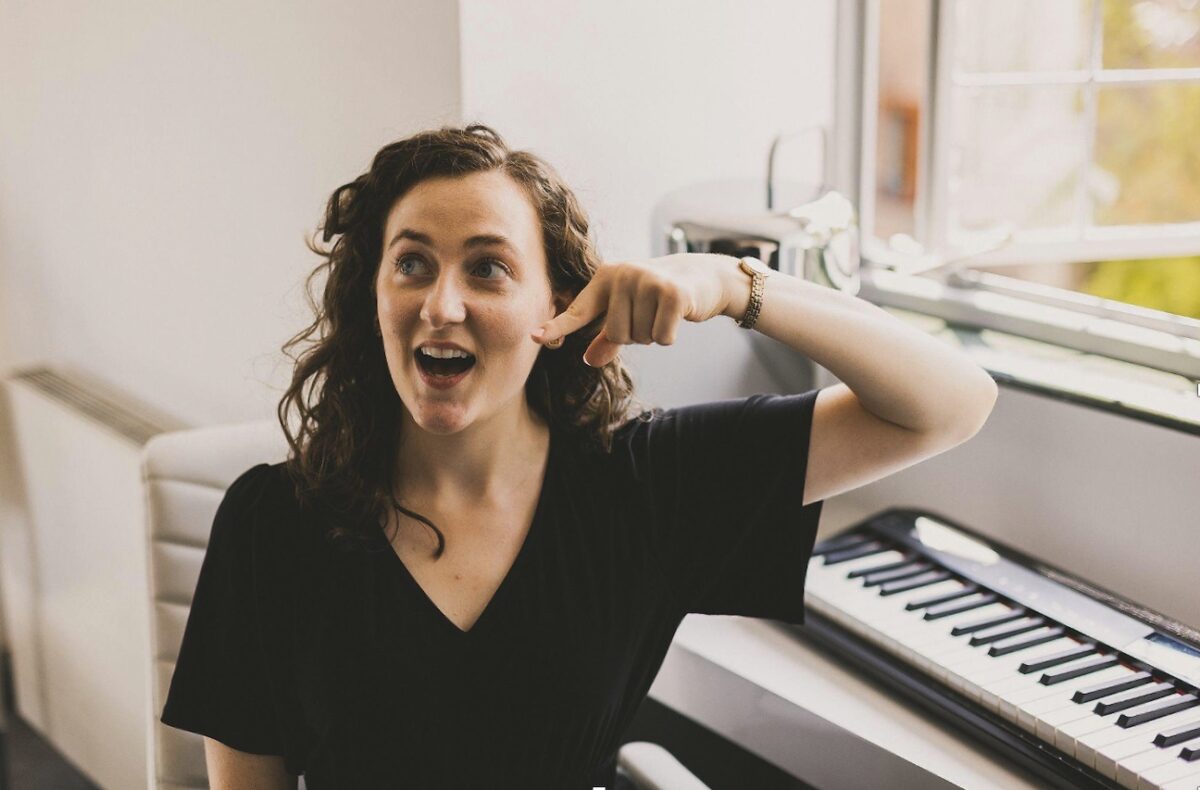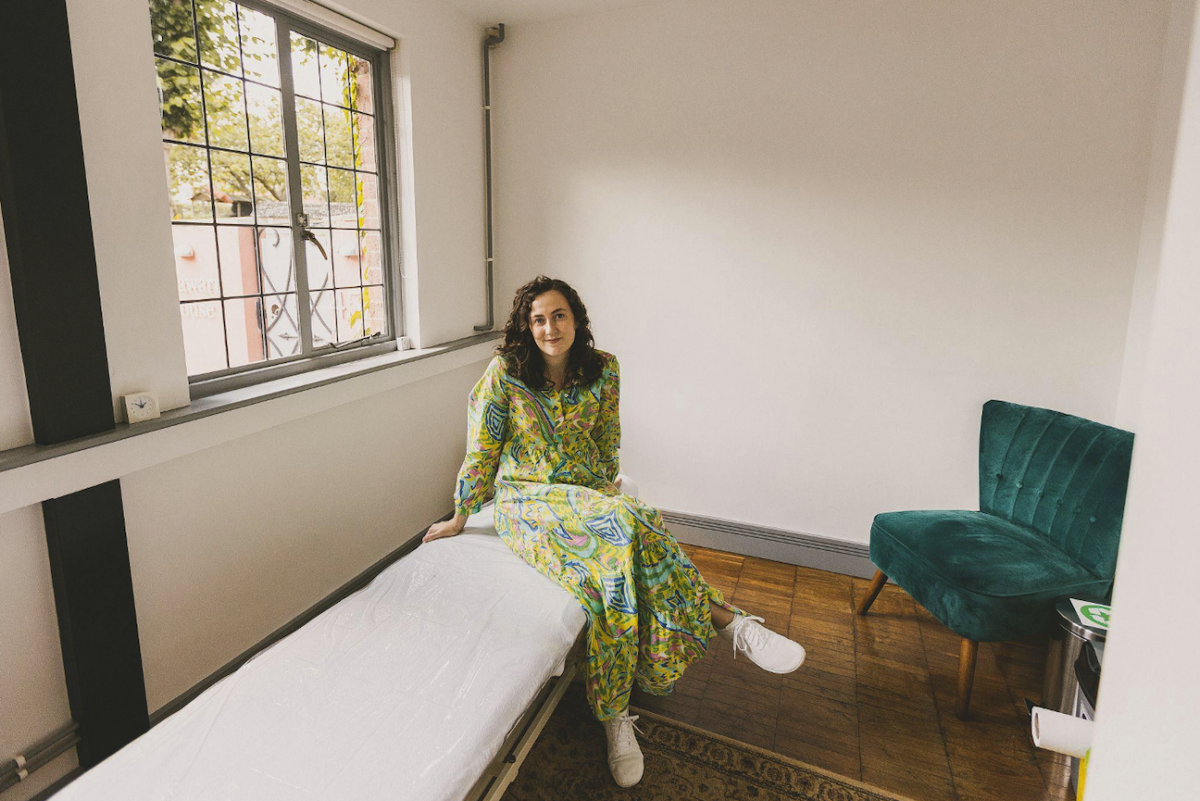By Rachel Hess
“The humanities is a training ground for developing empathy and respect for different ways of living and being,” remarked Amy Ng (ΦΒΚ, Yale University).
Ng has explored this notion both as a political historian and as a playwright and screenwriter. After receiving a prestigious Rhodes Scholarship to Oxford University, she moved to the United Kingdom and earned a doctorate in Modern History. However, her career interests shifted after completing two post-doctoral fellowships in Germany, and she moved to London and to work in theater. Ng resonates with the idea that art has the power to change the world, specifically in its ability to encourage viewers to imagine and experience otherness. This transformative power and experience of otherness fosters empathy and understanding by prompting viewers to engage with differing perspectives. She appreciates the dichotomy at the very essence of art – that it is both universal and specific. While all can enjoy art and share in the human experiences art brings, art can also be deeply personal. This duality allows a piece to be received in multiple manners when introduced to various cultures, languages, or communities, and thus capable of reshaping societal norms and inspiring change. Although Ng now works in the arts, she often references her prior studies in her works, weaving plays with politics and history. Her studies of nationalism and identity politics have urged her to explore nationalism’s dehumanizing effects through many of her artistic works. Ng also discusses other sociopolitical issues in her pieces, especially feminism. She has delved into forced abortion, arranged marriage, sexual coercion and rape, abortion and religion, and prominent female political figures, such as Margaret Thatcher and Jiang Qing (Mao Zedong’s wife).


Living in the United Kingdom has been exhilarating and life changing for Lydia Flock (ΦΒΚ, University of Virginia) too. Flock first moved to London in 2018 for a Masters in Music Theatre at the Royal Central School of Speech and Drama, and she has not looked back. Towards the end of her program, she was fortunate to receive a Start Up Visa and established her own voice coaching company, Flockstars. Flock truly embraces her entrepreneurial spirit, as she founded another business, Oxford Vocal Massage, after specializing and training in voice and vocal massage. Flock attributes some of her skills to her liberal arts education, “[it] encouraged me to create my own work, to be innovative where possible, and to not wait for others to give you opportunities.” After suffering a vocal injury at seventeen, Flock found her voice as an artist. Not only did she learn to appreciate her voice and discover her passion for rehabilitation, but also she realized how voice, freedom, authenticity, communication, vulnerability, identity, and confidence are all inextricably linked. It has become her mission to augment voice health, promote vocal resilience, and value voices and their profound capacity for expression and communication. Voice is power, voice is connection, and voice is identity. Speech is just one way to share and understand the human experience, and Flock further affirmed the importance of the arts in their “incredible power to unite through storytelling.” This power to unite is a transborder phenomenon according to Flock, and she is grateful to her experiences abroad in expanding her understanding of the world around her. “Living and working in a different culture with people of different cultures has taught me more about communication (which is at the heart of what I do) than I would have [learned] if I never left the US.”
Both women have navigated the complexities of living abroad. Ng mentioned that she appreciates the emphasis on the arts in Europe, one that has been supported by larger amounts of state funding, allowing artists to experiment with their creativity and flexibility. Ng especially values Europe’s support for artistic experimentation, contrasting it with the consumerist culture in the US. She does not feel that she must brand herself to achieve success in the UK. However, she noted the challenges faced by writers of color in the UK, as she does not feel that conversations on diversity are as advanced.
Initially, Flock imagined that she would have an easier time securing roles in the UK as an American due to the large numbers of musical theater repertoire in the US; however, she found that being an American was not necessarily an advantage. Flock has also grappled with cultural differences and challenges, “Living and working abroad has made me question where I truly belong. Sometimes I have felt extreme loneliness, sometimes I have felt extreme connection. If art is as I say, an expression of the human experience, I think all of these feelings are valid and a natural part of living in a different country to where I was brought up.” Belonging, identity, and place – concepts that both artists express in their works – are key factors in community and individual wellbeing. The nuances of these concepts are linked to connection and value, as well as culture, comfort, and space. Despite these challenges, living abroad has allowed both artists to examine their own cultures from a bird’s-eye view, a vantage point that has encouraged them to question all the assumptions they learned as children.
Flock is grateful to have found a community within Phi Beta Kappa London. She has loved the camaraderie and intellectual stimulation in connecting with like-minded individuals from diverse backgrounds. She has found it refreshing to meet other international members, especially ones that push her to continue learning and challenging herself. Phi Beta Kappa London, founded in 2014, serves as the sole official alumni association of the prestigious honor society outside the United States.


Rachel Hess is a recent graduate of Barrett, the Honors College at Arizona State University, with a degree in political science and Spanish and four certificates in human rights; international studies; peace, religion, and conflict; and political entrepreneurship. She was inducted into Phi Beta Kappa there in April 2022. Arizona State University is home to the Beta of Arizona chapter of Phi Beta Kappa.




